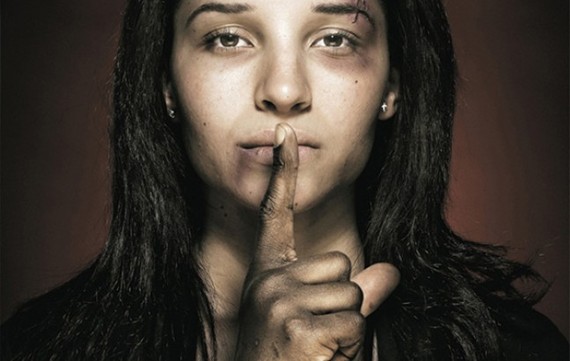Picture a scenario. One of your close friends or family members is married to a person who has violently hit her in the face, dragged her from an elevator, and then does not acknowledge what they have done or possibly has been doing until a video is revealed about the violent act. In addition to the aforementioned facts, the husband is relished as a celebrity in the community for his employment, and is regarded as a model citizen in regards to anti-bullying campaigns.
To add insult to injury, the husband, who advocates for anti-bullying initiatives in the community, is initially given a light reprimand, for his behaviors. And thus, sends an indirect message that he has been given a pardon for the violence he has displayed.
As I am sure, many people have an opinion of the video, where Ray Rice was captured hitting his wife, Janay Palmer, I would like to approach the situation from a different angle.
Having been given an opportunity of working with females and males who have experienced domestic and relationship violence, I have had to check many of my preconceived notions and prejudices at the door.
I am deeply concerned with how there is a deep-rooted pattern of violence in our culture that dismisses specific groups of people. In this case, I am speaking directly to the "othering" and dismissal of women, and or girls.
I have observed many responses from people, and I notice a similar undercurrent thread of violence in their social media responses, which caters to this "victim-blaming" phenomenon. In conversations and debates, the common phrase, "He hit her but..." introduces many of the following statements. For instance, reading comments that reveal our culture's inclination to blame Janay Palmer, such as, "He hit her, but I heard she spit on him." "He hit her, but she might have provoked him." And the quintessential, "He hit her, but why would he just hit her out of the blue?"
Get your "but" out of the way.
Please be aware in one's attempts to cast judgment on Palmer, you are in fact, projecting a type of violence that continues an insidious objectification of women (and victims of relationship violence), and continually takes the responsibility off of the perpetrator who actually commits the act of violence. I can hear the silent retort of many saying, "Well, what happens if the woman hits the man, or provokes him?" Once again, push pause, and contemplate the situation from this perspective from another act of violence. If someone were raped, would you turn and then tell them that they should not have worn a certain outfit, or state they should not have walked in a certain location to avoid the rape? And this is my point. Be mindful of how we can potentially blame the person who has experienced the dreadful violent act, before we celebrate the perpetrator by quickly focusing on the victim's responsibility rather than the perpetrator.

Picture a scenario where we reflect to understand the situation first, and then respond from that place of balance. And hopefully, both parties involved in the incident will figure what life experiences led each of them to this encounter/relationship, and discover their necessary conclusions through their own process. And this process usually is easier said than done.